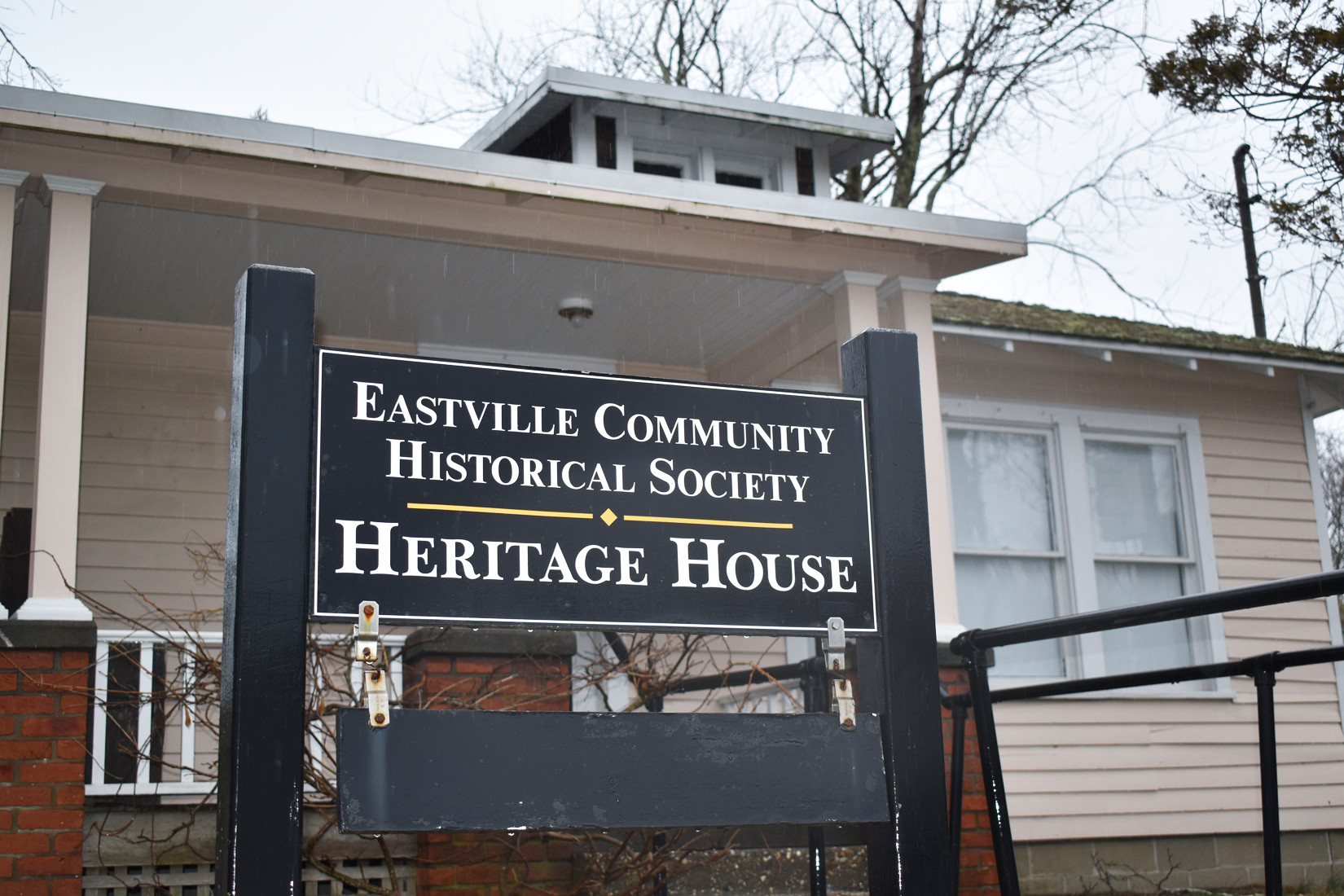Library Display Draws Criticism

A display of a rag doll collection at the Rogers Memorial Library in Southampton, on view through Black History month, is racist and should be shuttered, a prominent local African American organization charged this week.
“‘Black Face Art: The Personal Historic Collection of Samuel Johnson’ does little to celebrate the African American culture,” Dr. Georgette Grier-Key, the executive director of the Eastville Community Historical Society, told the library hierarchy via letter last week. Dr. Grier-Key said the rag dolls were “a symbol of hate.” Indeed, some of the titled pieces include slurs including the “N” word. Most stem from the turn of the 20th century and were used for marketing purposes.
Liz Burns, the director of the library, disagreed the collection did not have historical importance.
“The library does not view the collection of African American vintage rag dolls belonging to Sam Johnson as symbols of hate,” Burns wrote to Grier-Key.
Johnson, who lives in Southampton, could not be reached for comment. He reportedly said he began collecting the dolls after Oprah Winfrey suggested collecting black memorabilia on her TV show years ago.
Grier-Key lambasted Burns in a return-letter dated February 8 accusing her of “exploitation and miseducation.”
“As a library, one of our jobs is to collect and make available information on our history, the parts we cherish and those we wish to forget. We hope Mr. Johnson’s collection can be used as a teachable moment for viewers young and old,” Burns wrote.
“This is a misfortunate view and misinformed opinion! Your organization needs cultural sensitivity training and to represent the entire community. As an African American woman, I can’t forget the history of my grandmother and ancestors, nor do I wish to do so. But, I demand respect for it,” Dr. Grier-Key
responded.
The Eastville Community Historical Society of Sag Harbor was founded in 1981 and chartered by New York state in 1986 to preserve the history of the working-class community of Eastville and to tell the story of St. David AME Zion Church. Eastville is widely believed to have been a stop along the Underground Railroad. The society also owns, upkeeps, preserves, and protects the adjacent century-old cemetery in which African and Native Americans of the earlier St. David’s church membership are buried, many of whom were whalers.
rmurphy@indyeastend.com



